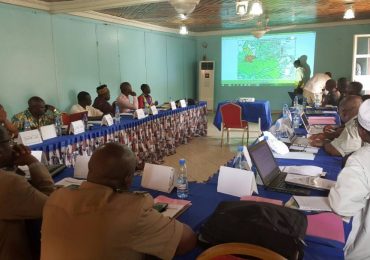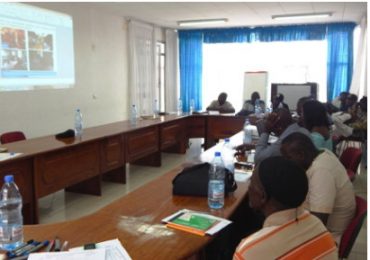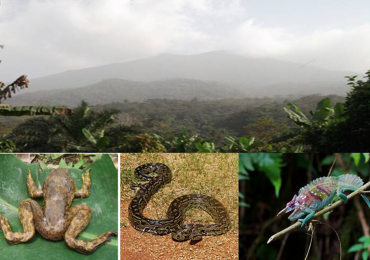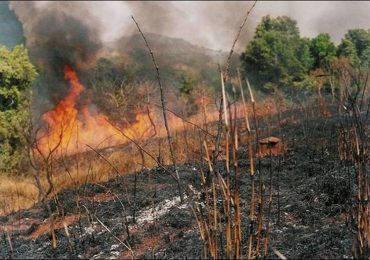Fears are rife that the world’s forests the size of Germany, France, Spain and Portugal combined, and representing up to 170 million hectares, are likely to become extinct in the next 20 years. These fears are expressed in a UN report quoting WWF.
By Azore Opio with additional reports
Although a recent UN report states that the rate of forest loss worldwide has dropped by half, and there have been some improvement in the key tropical rainforests of South America and Africa, according to a Forest Resources Assessment (FRA), forest loss is still recorded.
It is worth noting that the world’s forest area decreased from 4,128 million hectares in 1990 to 3,999 million hectares by 2015.
According to the Food and Agriculture Organization (FAO), the world has lost some 129 million hectares of forest cover since 1990, statistic released at the 14th edition of the World Forestry Congress in Durban, South Africa.
Despite the positive FRA 2015 assessment, the bad news is that forest cover continues to vanish at improper rates. And Global Witness is drawing attention at the World Bank’s failure to prevent the destruction of tropical forests and address poverty in the rural areas.
“The World Bank’s support for the logging of tropical rainforests is failing in its key aims of preventing their destruction and addressing rural poverty,” states a Global Witness release published online.
The press release further states that “the Bank’s forestry department is refusing to reconsider its approach, is lobbying the Board hard to avoid being held accountable for its failures, and has stated its intention to continue supporting tropical forest logging.”
“The World Bank’s evaluation confirms what has long been obvious – cutting down trees on an industrial scale is not the way to preserve the world’s remaining tropical forests or help the people that live in them,” Rick Jacobsen, Head of International Forest Policy at Global Witness, is quoted as saying.
The release says: “The World Bank has supported the expansion of industrial logging in some of the world’s most important and endangered rainforests in countries such as Cambodia, Cameroon, Democratic Republic of Congo, Indonesia, and Liberia. In Cambodia, Congo and Liberia this prompted formal complaints from communities living in the forests that the Bank was harming their livelihoods. Two inspections by the Bank’s own ombudsman found that Bank staff had breached multiple safeguard policies meant to protect vulnerable people and the environment.”
And Rick Jacobsen advises, “[The] Bank Board members need to act on the evaluation’s findings and demand that the Bank pursue alternatives to industrial logging in tropical forests that better help the poor and preserve forests.”
The review of the Bank’s forestry programmes that Board members are examining on Monday was carried out by
The Independent Evaluation Group (IEG), division of the World Bank is reported to have carried out surveys in the countries where the World Bank supports logging and reached the conclusions.
The IEG picked holes in the Bank’s programmes and holds it responsible “for failing to involve local people, tackle rural poverty or recognise its risks.”










